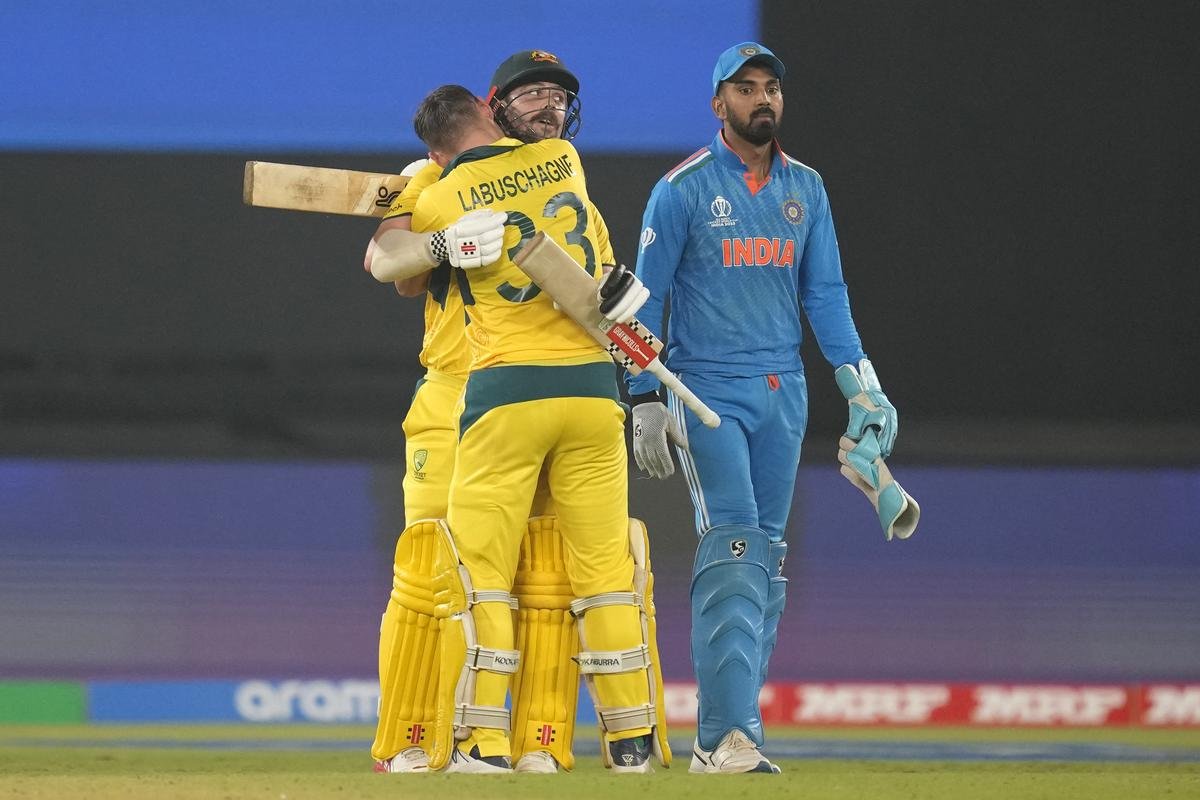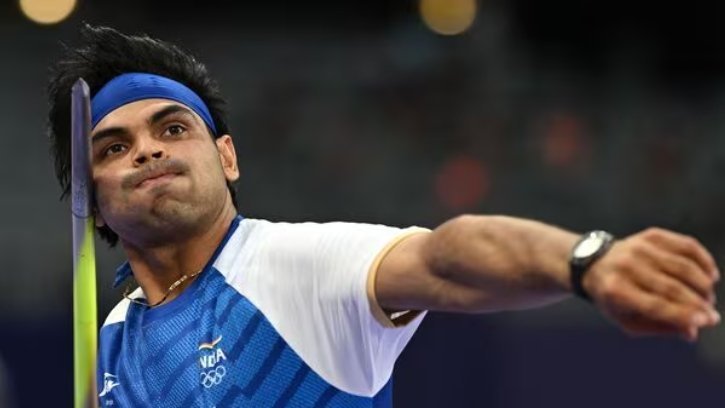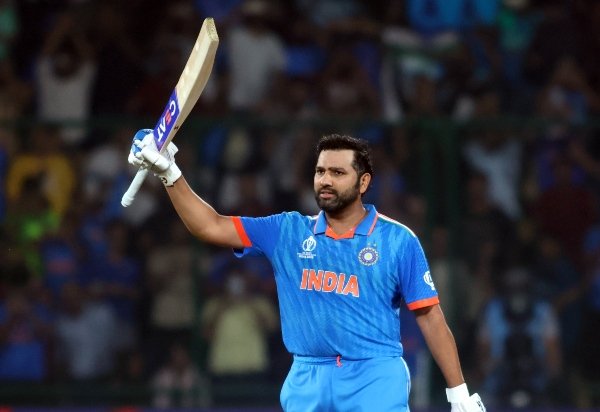The renowned England football legend Gary Lineker once expressed envy about the German football team of the late 1980s and 90s, stating, “Football is a simple game. Twenty-two men chase a ball for 90 minutes, and at the end, the Germans always win.” In the realm of cricket, a similar sentiment could be applied to Australia, known for consistently triumphing in major finals, often at the expense of India. Over the past seven months alone, they have defeated India thrice in the finals of global tournaments—first in the World Test Championship (WTC) final at The Oval, then in the ODI World Cup final in Ahmedabad, and now in the U-19 World Cup summit clash in Benoni.
In contrast to India, Australia faced challenges reaching the final, narrowly escaping defeat against Pakistan in the semifinal. However, when it truly mattered, they delivered a ruthless performance reminiscent of their senior counterparts, crushing India by 79 runs to secure their fourth U-19 title. Accumulating 253 for 7, the highest total ever in an U-19 final, on what commentator Ian Bishop described as “one of the fastest surfaces I have ever seen for a U-19 World Cup, with significant lateral movement, bounce, and carry,” Australia’s bowlers dismantled India, restricting them to 174 runs.
Unsurprisingly, Australia’s medium pacers thrived on the challenging surface, with Callum Vidler and Mahli Beardman causing trouble for India’s batsmen with their pace.
Charlie Anderson and Tom Straker maintained the pressure with precise bowling, setting the stage for off-spinner Raf MacMilan to capitalize by claiming three wickets.
Vidler, who gracefully declined to disclose the fastest bowler among them in response to the broadcaster’s question, delivered the initial blow for India by dismissing opener Arshin Kulkarni inexpensively. Adarsh Singh and Musheer Khan somehow navigated through the powerplay. However, Beardman, introduced as the second change, dismantled the top order. The pacer from Dunsborough, West Australia, with prior experience playing for his state, intensified the pace. The intimidated Indian batsmen appeared hesitant.
Like many pacers from the region, the legendary Dennis Lillee played a crucial role in shaping his career. Three years ago, Beardman approached the Australian legend, pleading for guidance, but Lillee initially hesitated. “DK (Lillee) had a rule that he wouldn’t work with anyone until they were 16. I had to do a little bit of waiting and a little bit of work, but when I was about 15, I convinced him to finally have a look,” Beardman shared with reporters ahead of their semifinal clash against Pakistan.
“We headed to the nets in South Perth, bowled together, and connected really well. Since that day, he has been a significant mentor for me. Having him in my corner has been invaluable. He’s a fantastic person to have supporting me.”
Speedy Beardman
Beardman, one of the fastest in the tournament, made an impact in his first over by dismissing Musheer Khan, who struggled against quality pace once again. Musheer, dropped at slips by Harry Dixon, never appeared comfortable during his 33-ball stay. Beardman’s second victim was India’s captain and the tournament’s leading run-getter, Uday Saharan, who edged one to his counterpart Hugh Weibgen at backward point. Adarsh Singh, who fought a lone battle with a commendable 47, eventually fell to Beardman’s bouncer. The formidable bowler expressed gratitude to Lillee at the post-match presentation, stating, “I backed my short balls and tried to smash it into the wicket. Through DK, I’ve learnt a lot of mental stuff—thinking about my bowling, thinking about field settings. He’s been incredible, always a pleasure to bowl alongside him.”
Adding to India’s woes, MacMillan seized three wickets. In an unexpected turn of events, the part-timer struck with his first ball, dismissing Sachin Dhas, who had looked composed against the pacers. A faint edge ended Dhas’ World Cup campaign. Aravelly Avanish chipped one straight back to the bowler for a duck, and Raj Limbani yorked himself, extinguishing India’s last lingering hopes. While the batting performance was catastrophic, the bowlers regretted allowing Australia to amass 253 for 7.
After dismissing Sam Konstas with the team score at 16 in 2.3 overs, India’s bowlers struggled to contain Harry Dixon (42) and Hugh Weibgen (48), who put on 78 runs for the second wicket. Despite losing two wickets in quick succession, Harjas Singh rose to the occasion, top-scoring with a valuable 55 off 64 balls. The southpaw dominated against the spinners, hitting three sixes. Although Australia lost wickets in the middle overs, Oliver Peake’s 46 not out from 43 balls provided the final flourish. Except for medium pacer Raj Limbani (3/38), no other bowler made a decisive impact, incurring heavy costs.
India’s captain Saharan attributed the loss to the batsmen’s failure to execute plans against Australia’s pacers, stating, “We played a few rash shots today, didn’t spend time in the middle. We were prepared but couldn’t execute the plans.” Alternatively, facing Australia, often considered the Germany of world cricket, may explain their struggles—they always seem to win.










